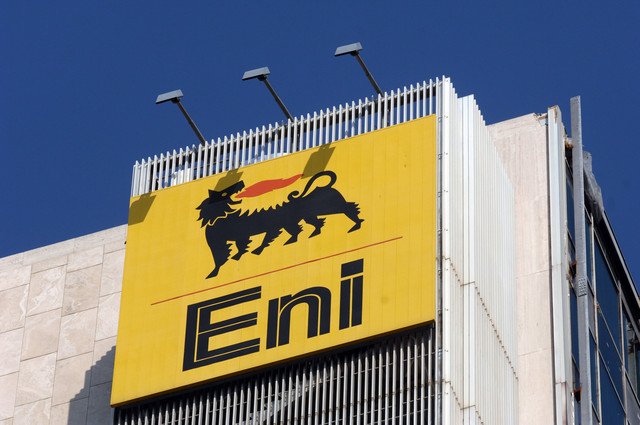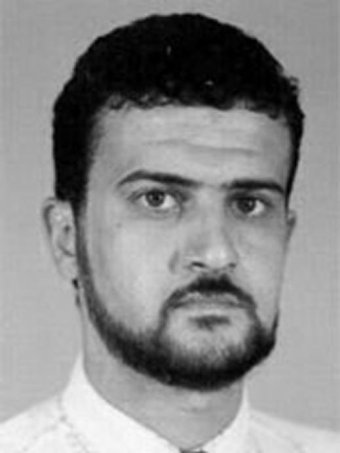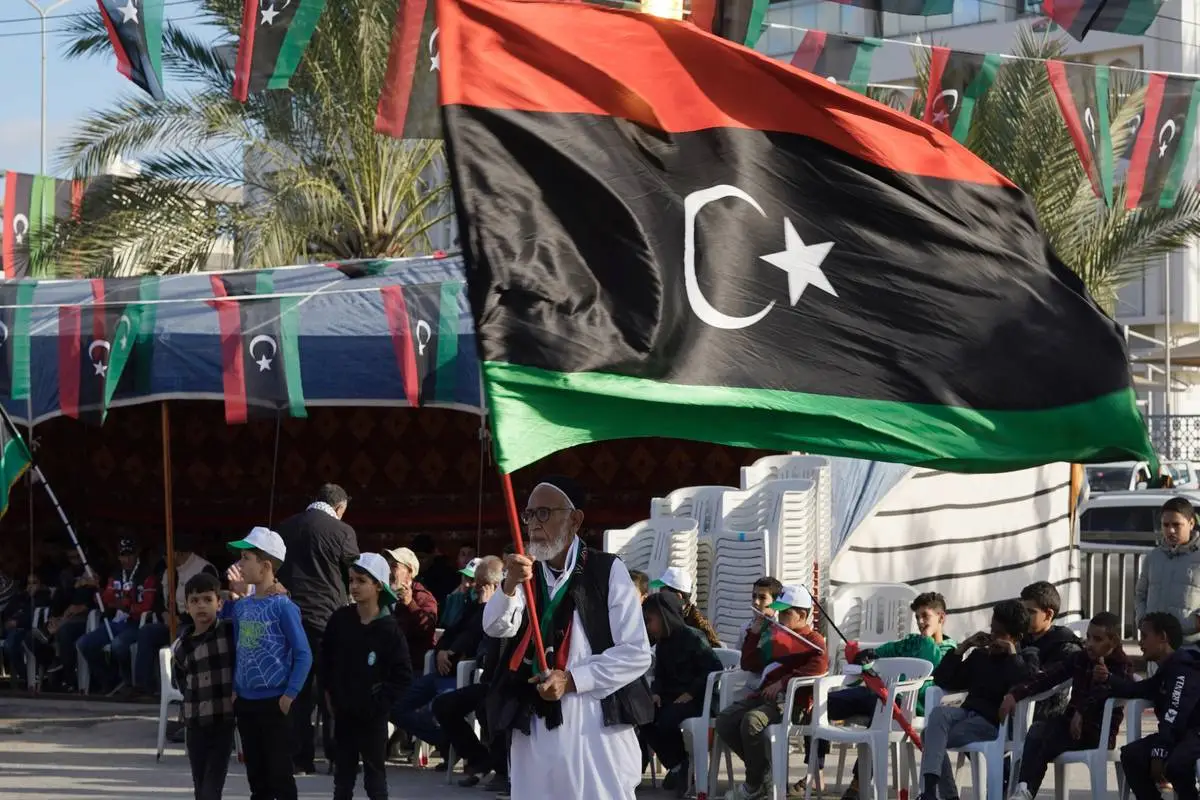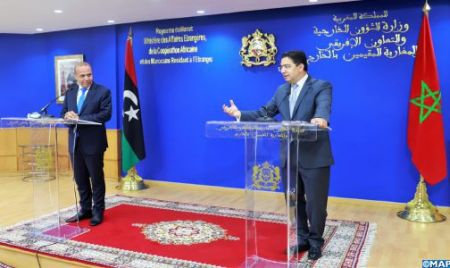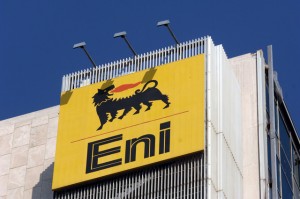 Italian energy company ENI has unveiled a $ 8 billion investment plan in Libya to be carried out over the next decade to upgrade current production and launch new exploration activities in the oil-rich country.
Italian energy company ENI has unveiled a $ 8 billion investment plan in Libya to be carried out over the next decade to upgrade current production and launch new exploration activities in the oil-rich country.
This huge investment will enable the Italian energy company to expand its business and enhance its presence as the major foreign oil and gas player in the North African country.
Eni’s CEO Paolo Scaroni has presented to the Libyan officials his company projects to be carried out in Libya in cooperation with a new subsidiary of the state-run National Oil Corp.
Talks between ENI top management and Libyan government also covered the possibility of sealing a “Memorandum of Understanding” for social sustainability, worth about $ 400 million.
ENI has been present in the country since 1959, but temporarily halted its Libyan production due to the Arab Spring. It was the first international company to restart operations and currently produces about 280,000 barrels per day, slightly below the level of production before the revolution.
Although the relations between the company and the newly-formed government seem stable, some experts have expressed concern that Libyan government could still penalize Eni for the support offered by Italy’s Berlusconi to Gadhafi. ENI’s oil production contracts with the Libyan government are in force until 2042 and its gas contracts until 2047.
Libya, holder of Africa’s biggest oil reserves, is now pumping more than a million barrels a day as the oil industry recovers from months of armed conflict that led to the fall of Moammar Gadhafi regime.
The North African nation, member of the OPEC, was pumping about 1.6 million barrels a day in January before the armed popular uprising that ousted Gadhafi. The country is currently seeking to raise its production to 2 million barrels a day in three-to-five years’ time.
Libya is also member of the Organization of Arab Petroleum Exporting Countries, or OAPEC. This regional Organization was established in 1968 to foster the development of the petroleum industry in member states as part of an economic integration plan among Arab countries.
OAPEC contains seven nations that are also within OPEC, the broader 12-nation group that influences prices by setting supply quotas.
